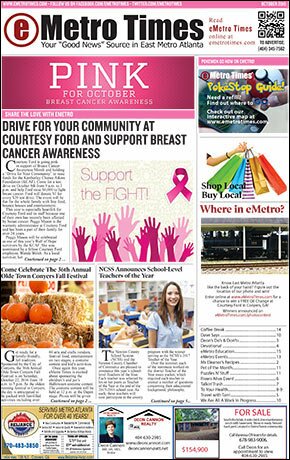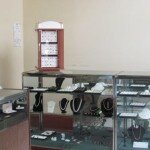 According to Mintel research, approximately 30% of Americans are replacing over-the-counter (OTC) medicines with natural products. Many are swapping these OTC medicines for homeopathy.
According to Mintel research, approximately 30% of Americans are replacing over-the-counter (OTC) medicines with natural products. Many are swapping these OTC medicines for homeopathy.
Homeopathy is the second most common form of alternative medicine in the world today and is the most common form of alternative medicine in North and South America. Unlike herbs, supplements and vitamins which are regulated through the Dietary Supplement Health and Education Act of 1994, homeopathy is recognized and regulated via the Food Drug and Cosmetic Act of 1938.
Homeopathy comes from the Greek words homeo, meaning similar and pathia, meaning suffering. Homeopathics are made from minute amounts of plant, animal and mineral substances. In other words, what can cause suffering in its full form can relieve similar suffering in its homeopathic form. For example: Rhus tox. is poison ivy; made into a homeopathic, it is used for a rash. (Remedies in homeopathy are referred to by their Latin names.) Apis melifica is the honey bee; made into a homeopathic, it is used for bee stings as well as all types of swelling.
Homeopathy is a complete system of healing with its own method of diagnosing and its own special remedies. It was discovered by Dr. Samuel Hahnemann, a German physician, over 200 years ago. Homeopathics have no known harmful side effects, may be safely used by everyone, including pets, and can be administered for both acute and chronic conditions. Homeopathy will not interact with other medications and is non-addictive. However, it is suggested that consumers communicate with their doctor regarding any change in their healthcare behavior, especially those who are taking other medications or who are pregnant.
In America, during the early 1900s, the most prestigious medical schools in this country were homeopathic. These medical schools converted to allopathic medicine (drugs and surgery) as fast-acting synthetic drugs were developed. Today, because of mounting evidence regarding the dangers of drug toxicity and its effects on health, the safety and efficacy of homeopathy is resulting in its wider use and acceptance. People are also returning to homeopathy because they understand that in order to achieve health, one must discover the root cause of disease and not just treat the symptoms. OTC homeopathics can be used as an addition to, or as a substitute for, medications used in self-limiting conditions such as indigestion, insomnia, teething and colic, rheumatic-joint pain, hot-flashes, PMS symptoms and acne, just to name a few.
Many people believe that ’real’ doctors don’t believe in or use homeopathy. This is not true. The American Institute of Homeopathy (AIH) was the first professional medical association – not the American Medical Association (AMA). The AIH still exists today and its membership consists of licensed physicians (medical, osteopathic and naturopathic), dentists, veterinarians, nurse practitioners, physician assistants, pharmacologists and pharmacists trained in homeopathic medicine.
Consider stocking your medicine chest with safe, non-addictive and inexpensive homeopathics instead of toxic pharmaceuticals. There is a saying, “Save your liver for when you need it.” There may be a time when you need the life-saving benefits of standard pharmaceuticals; don’t compromise the health of your liver by ingesting unnecessary pharmaceuticals along the way when there is a natural alternative available. You never want to be without the benefits of allopathic medicine but in many opinions, they are drastically overused and one should always try the least toxic/dangerous approach first.
Learn more about homeopathy at the National Center for Homeopathy (homeopathycenter.org), the American Institute of Homeopathy (homeopathyusa.org) or watch the videos under the education tab for Newton Homeopathics at newtonlabs.net.
Marge Roberts, RN, MSHP, DAHom
President/CEO, Newton Homeopathics
770-922-2644
800-448-7256
www.newtonlabs.net




















No Responses to “Homeopathy, The Ideal Home Remedy”